Our live coverage of the coronavirus pandemic has moved here.
May 11 coronavirus news
By Joshua Berlinger, Julia Hollingsworth, Zamira Rahim and Adam Renton, CNN
Catch up: Here's the latest on the coronavirus pandemic
If you're just joining us, here are the top headlines of the day:
- Curfew in Turkey: The country will implement a four-day curfew that combines the weekend with a public holiday on May 16 until May 19 as a part of pandemic measures, Turkish president Recep Tayyip Erdogan said in a speech today.
- Canada reopens some schools: Hundreds of thousands of students in kindergarten to grade 6 were invited back to school Monday. Quebec became one of the first jurisdictions in North America to reopen some schools.
- New surge in cases: There was a surge of coronavirus cases over the weekend in some of the nations around the world where stay-at-home measures and other restrictions were lifted, World Health Organization (WHO) Director-General Tedros Adhanom Ghebreyesus said Monday.
- Recovery plans: The UK unveiled a three-step coronavirus recovery plan. The first step – which entails allowing people to leave their house for outdoor recreation and leisure as well as meeting with people from other households – will begin on Wednesday.
- Countries reopening: France is slowly reopening today after almost two months of strict lockdown. Shops will open and primary school students will return to school on Monday, with classes limited to 15 students.
- Masks required: Face masks are now compulsory on the Paris metro system and commuters will need certificates from their employers to explain why they are traveling during rush hour. If commuters do not follow these guidelines, they risk being fined, a spokesperson for RATP, Paris’s state-owned public transport operator, told CNN.
Italian regions can decide on reopening steps for themselves, official says
From CNN’s Valentina DiDonato in Rome
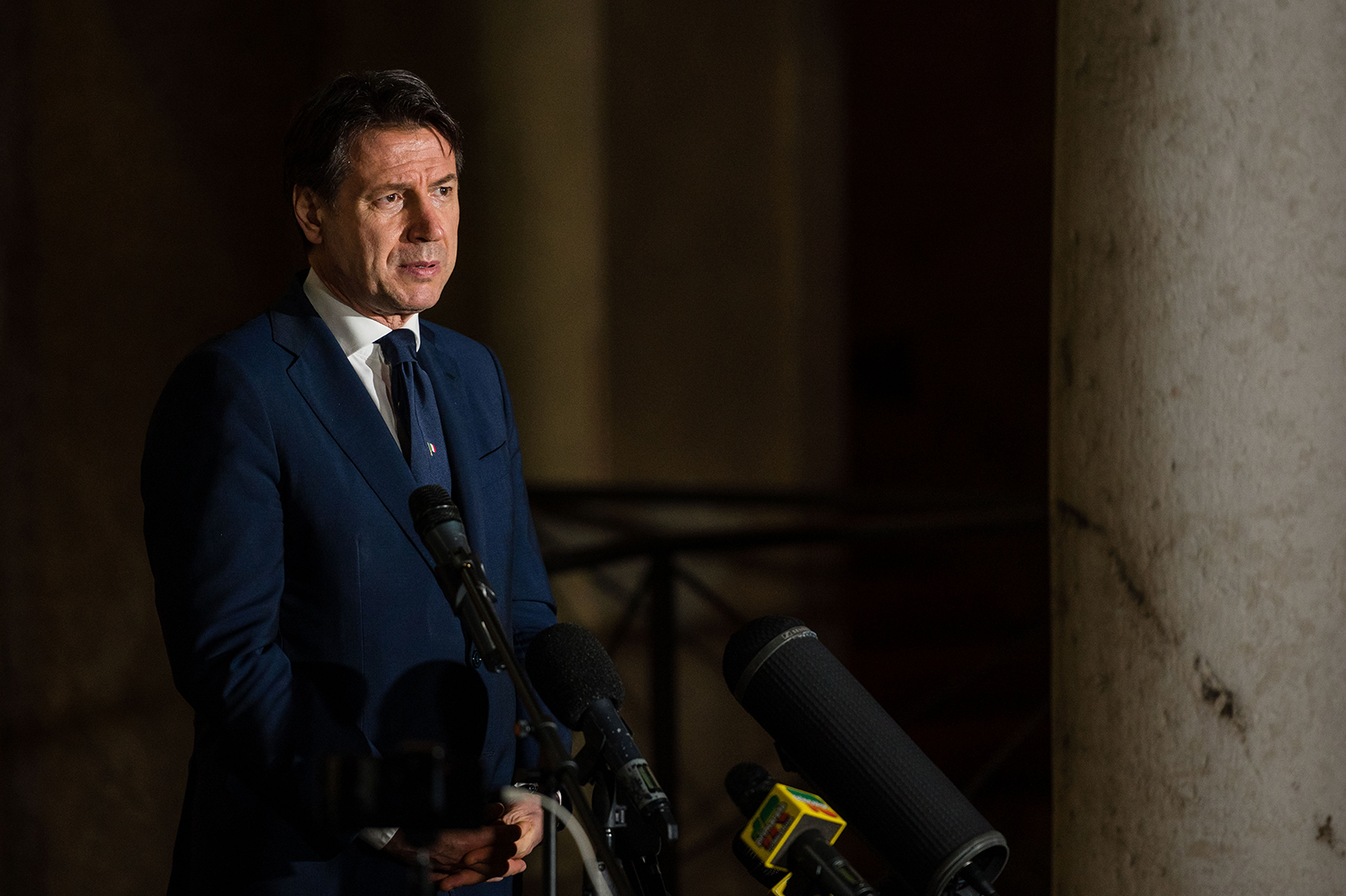
Regional governments in Italy will be able to decide for themselves how to take the next steps in easing restriction measures in their areas starting May 18, Italian Prime Minister Giuseppe Conte’s spokesperson told CNN on Monday.
The regions will be able to decide when and how to reopen commercial activities, such as restaurants, bars, cafes and hairdressers, among others, based on a safety framework established by the government. The framework will prioritize safety and the evolution of the epidemiological curve.
Turkey records lowest number of new coronavirus cases since March 26
Turkey recorded its lowest number of daily positive coronavirus cases since March 26, according to the latest figures released by the Turkish health ministry on Monday.
At least 1,114 people tested positive in the last 24 hours, bringing the total to at least 139,771, according to the figures.
The daily death toll was 55, with a total of at least 3,841 deaths from Covid-19 since the start of the pandemic, the health ministry said.
CORRECTION: The post has been updated with the total number of confirmed Covid-19 cases, which is at least 139,771.
Coronavirus vaccine is "not guaranteed," UK prime minister says
From CNN's Seb Shukla
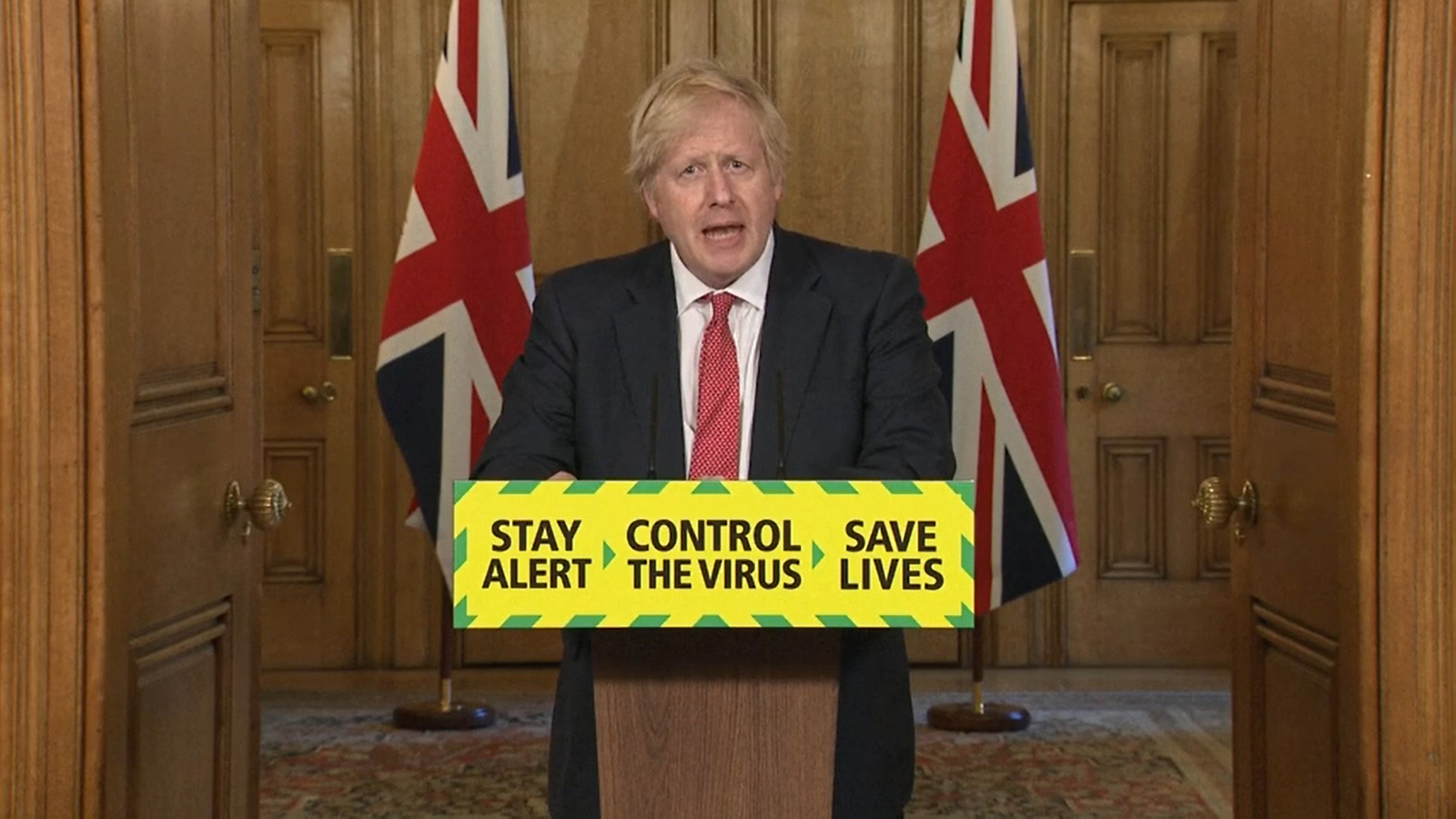
UK Prime Minister Boris Johnson said that he hopes the UK will achieve a vaccine for Covid-19 and that he is “hearing positive noises coming from Oxford, but this is not guaranteed.”
Speaking at the UK’s daily coronavirus briefing, Johnson said that he believes that after "18 years we don't have a vaccine for SARS.”
Sir Patrick Vallance, chief scientific adviser to the UK, backed up the prime minister saying, “You can never guarantee a vaccine – it is tough.”
Vallance did admit there had been good strides made as some vaccines are now in clinics and that there had been good progress but that “you never know until you have one.”
Turkey will enforce a 4-day curfew next weekend
From CNN's Gul Tuysuz
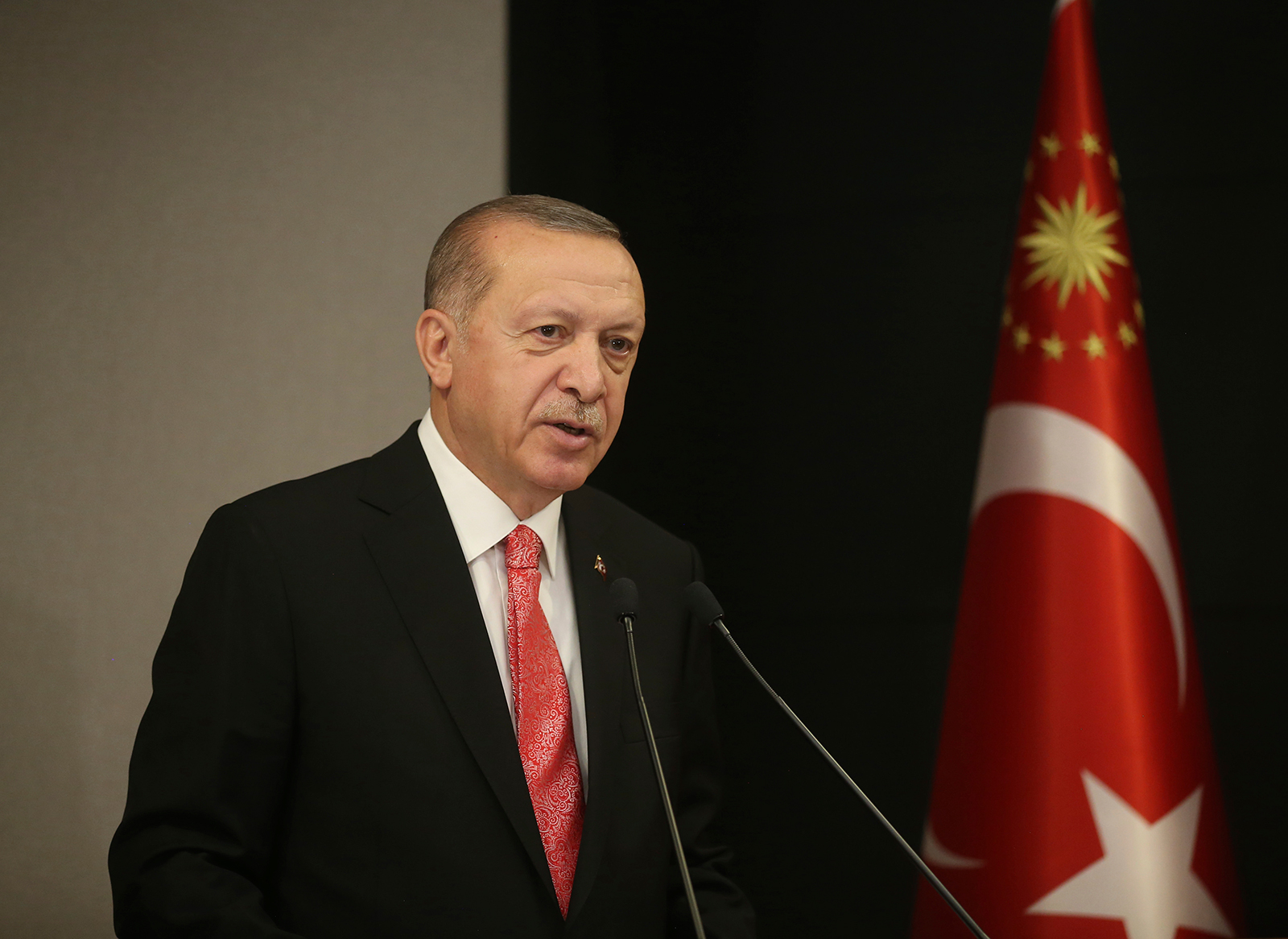
Turkey will implement a four-day curfew that combines the weekend with a public holiday on May 16 until May 19 as a part of pandemic measures, Turkish president Recep Tayyip Erdogan said in a speech today.
The country has not had countrywide lockdowns, instead opting for curfews that prohibit people from leaving their homes on weekends and holidays.
Turkey has also imposed an age-specific curfew for people over the age of 65 and under 20. Those restrictions will be eased slowly with certain age groups being allowed out on specific days, according to Erdogan.
Travel restrictions have been lifted in nine provinces, while 15 other provinces — including Istanbul, Ankara and Izmir — remain closed to nonessential entry and exits, Erdogan said.
Turkey will manage the easing of restrictions “dynamically” and will relax or tighten depending on developments, Erdogan said. Hair stylists, barbers and shopping malls reopened today as a part of what Turkish authorities are calling the “controlled socialization” stage of the Covid-19 pandemic plan.
Canada reopens some schools even though lockdown measures are still in place
From CNN’s Paula Newton
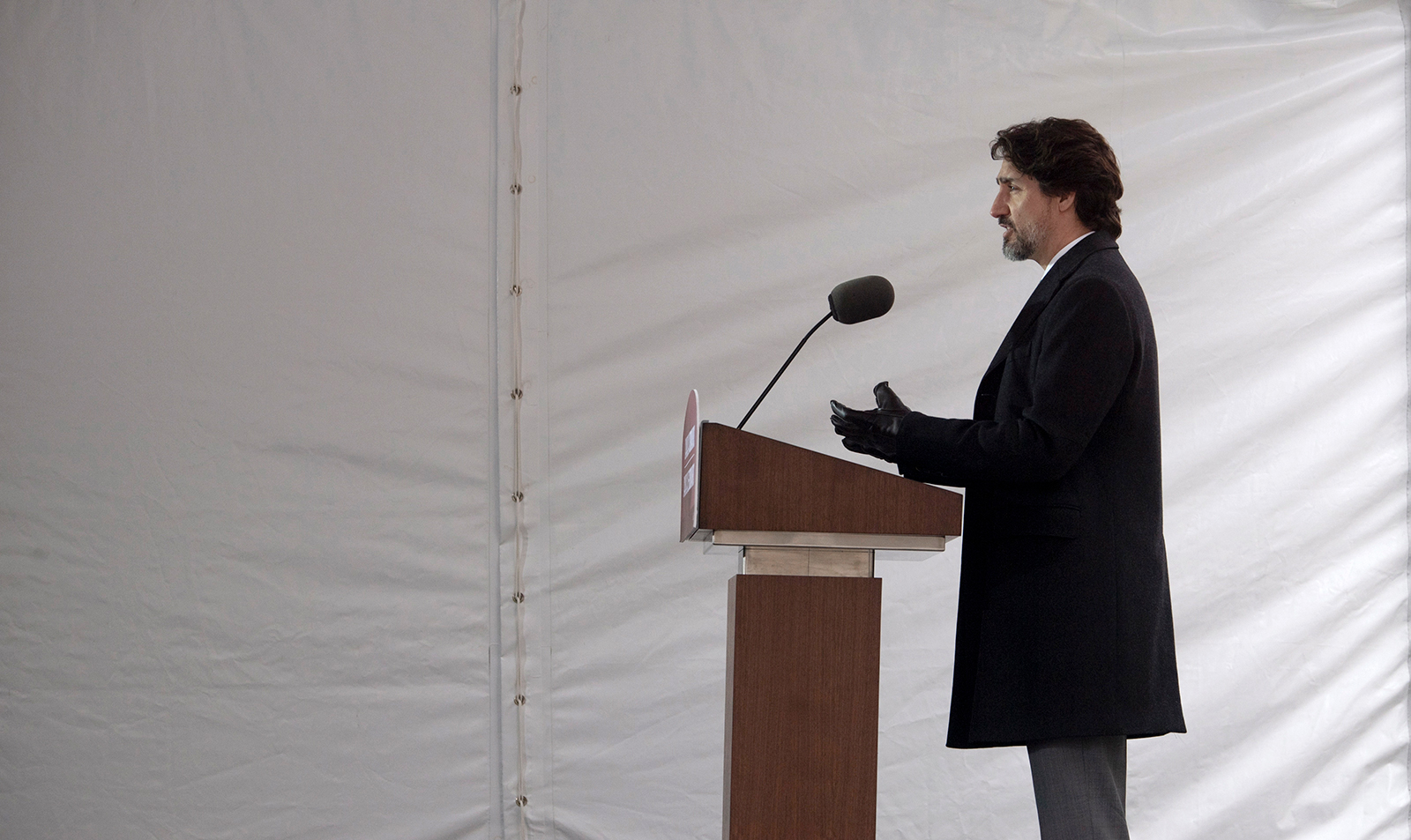
Hundreds of thousands of students in kindergarten to grade 6 were invited back to school Monday as Quebec became one of the first jurisdictions in North America to reopen some schools.
Attendance was voluntary and many parents kept their kids home, but others made their way into "Covid classrooms" with strict walking and spacing requirements, individual desks and supplies and no gym class or recess.
In Montreal, however, schools and most businesses remained closed for at least another two weeks as the epidemic in that city continues to peak. The city remains a hotspot for Covid-19 and is an outlier in terms of transmission, as most other parts of Canada have moved through the peak of infection and growth rates for new cases continue to decrease.
“We are all worried about the situation in Montreal,” said Quebec Premier Francois Legault during a press conference Monday promising that schools in the city would not be reopened until safer conditions could be achieved.
In other provinces across Canada, including Ontario, most schools remain closed.
Ontario also extended its state of emergency until early June despite a significantly lower growth rate of cases and widespread testing.
Canadian Prime Minister Justin Trudeau cautioned provincial leaders that any reopening should be slow and said all leaders were under pressure to ‘get this right’.
“We understand that the sacrifices we’ve all made for the past 2 months of staying home, of self-isolating, of keeping 2 meters distance, of not seeing parents and grandparents could all go up in smoke if move too quickly on the reopening or if a given jurisdiction makes the wrong decision. That’s why being cautious and gradual and vigilant is essential for how we move forward on the gradual reopening,” said Trudeau during his daily press conference in Ottawa.
It's 8 p.m in London. Here's what you may have missed.
From CNN's Elise Hammond
As Monday winds down, here is a recap of the top coronavirus headlines you may have missed:
- Men are being hit harder: Coronavirus appears to have a more severe impact on older men with chronic conditions. This is because men with heart failure tend to have higher concentrations of a certain enzyme that allows Covid-19 to infect healthy cells more easily, a new study said.
- Countries reopening: France is slowly reopening today after almost two months of strict lockdown. Shops will open and primary school students will return to school on Monday, with classes limited to 15 students.
- Recovery plans: The UK unveiled a three-step coronavirus recovery plan. The first step – which entails allowing people to leave their house for outdoor recreation and leisure as well as meeting with people from other households – will begin on Wednesday.
- Smoking and coronavirus: The World Health Organization warned in a statement released that a review of studies by public health experts convened by WHO last month found that smokers are “more likely to develop severe disease with COVID-19, compared to non-smokers.” This is because smoking impairs lung function and makes it more difficult for the body to fight off coronaviruses and other diseases.
- Health care workers: In some countries, upwards of 10% of the reported cases are among health care workers, WHO said. Maria Van Kerkhove, a WHO infectious disease epidemiologist, said many workers are being infected outside of health care facilities.
Possible vaccine can't be taken for granted, UK science experts say
From CNN's Rob Picheta in London
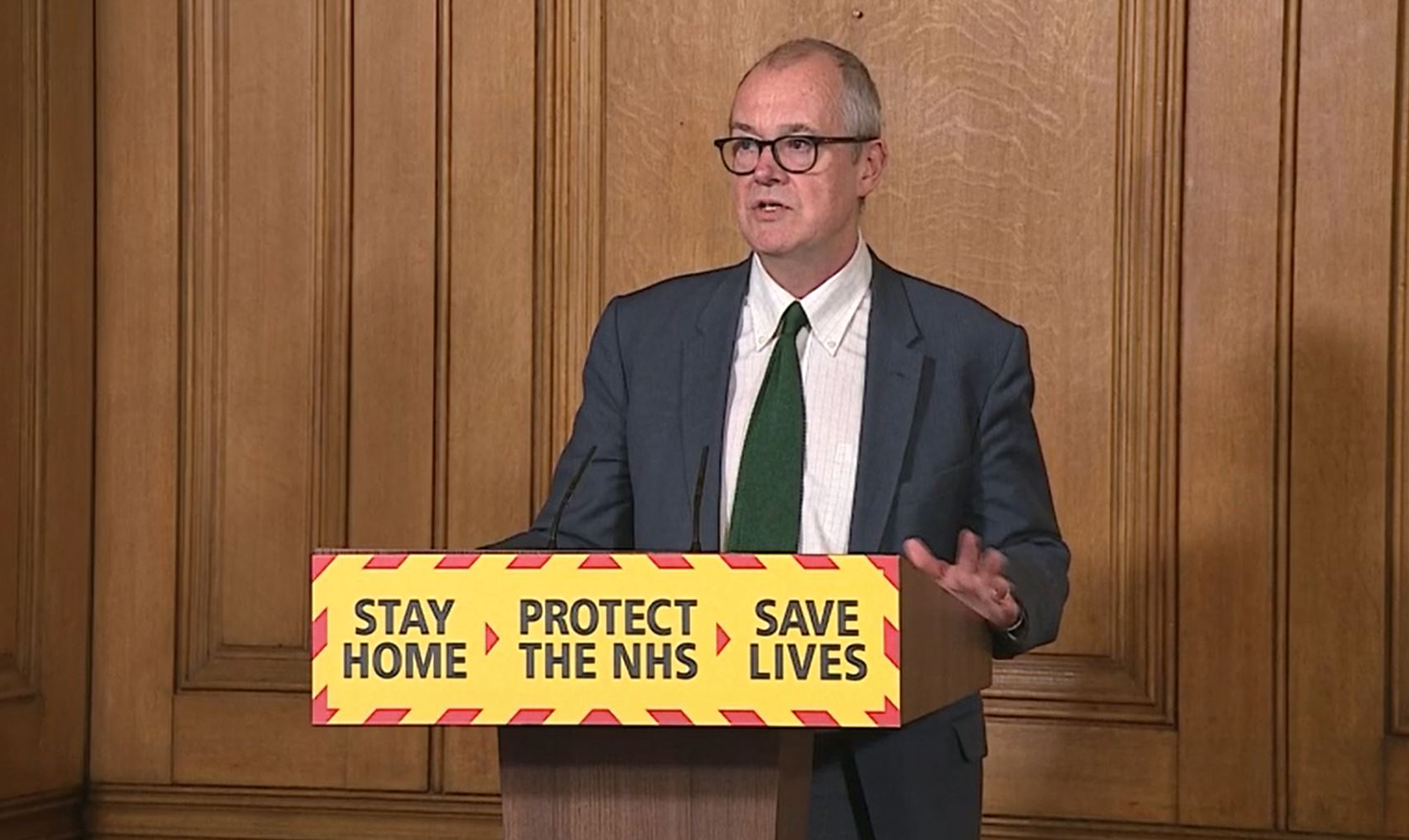
The UK’s leading scientific advisers have warned that the prospect of a coronavirus vaccine cannot be taken for granted.
Speaking alongside Prime Minister Boris Johnson at the government’s daily press briefing, chief scientific adviser Patrick Vallance said “you can never guarantee that you’re going to get a vaccine,” but added that “great progress has been made” in various countries.
He also referred to trials of drug treatments around the world. “I’d be surprised if we didn’t end up with something,” he said.
“Science takes time,” Chris Whitty, the Chief Medical Officer for England, added. “We cannot guarantee when we’re going to find those solutions.”
Vallance said that around 130,000 people may currently be infected with Covid-19, according to early results from a randomized set of swab tests sent to thousands of homes.
That data has a wide margin of error, but Vallance said it suggests that “maybe 10%” of people in London have had the virus, and “somewhere around 4%” of people outside London may have had it.